The banning of books is not a new concept and it is now strongly being pushed here in Texas. Republican Lawmaker Matt Krause made a request through the Texas House’s General Investigating Committee to investigate a list of 850 books he believes “might make students feel discomfort, guilt, anguish, or any other form of psychological distress because of their race or sex”.
The Dallas Morning News found that 97 of the first 100 book titles on Krause’s list are written by women, people of color, and LGBTQ+ authors. Some of these books explain sexuality and puberty, abortion and pregnancy, and deep-rooted racism within U.S. history. Other books are novels containing the same topics but in a more entertaining aspect that students would much rather read.
Some of the novels that lawmakers are trying to ban are To Kill a Mockingbird by Harper Lee, Maus by Art Spiegelman, Beloved by Toni Morrison, And Tango Makes Three by Justin Richardson and The Outsiders by S.E. Hinton.
Alejandra Valdez, an English and Journalism teacher at DHS, spoke highly of The Outsiders and is in disbelief that the title has been added to the banned book list. “As a former middle school English teacher, that was the one book I could get everybody to finally fall in love with. Banning a book written by a 15-year-old high schooler silences not just young writers, but it silences the experiences of so many of our youth. It’s not just about gangs, it’s about finding your family when you can’t count on your real family members to be there. It’s about changing your path. It’s about redemption,” Valdez said.
Krause has demanded that Texas schools report whether or not they have these books on their shelves. He won’t reveal how he curated his list or what will happen to schools that do carry these books. Krause’s own political affiliations and personal beliefs are more than enough proof as to why he is so adamant about removing books with these subjects from schools.
“Banning books is dangerous and it usually has a reverse effect. Normally when a book is banned it becomes more popular,” said DHS English teacher Jana Dudley.
“Taking something out because you don’t agree with that viewpoint or that author’s point of view is like inflicting your own view onto people who might not agree with you,” Dudley added.
DHS English teacher James Sanderson said, “If we’re supposed to educate our students to be able to experience things, as Atticus Finch says in To Kill a Mockingbird, “You have to walk in another man’s shoes”. The idea of reading short stories and reading novels precisely does that. It opens us up to other people’s experiences so that we have a better understanding of where people are coming from and we have more empathy for them– and isn’t that what we’re supposed to be doing in the world?”
“Novels, short stories, drama, poetry- all of those things are avenues to explore the world and to understand not just the world, but also ourselves and have a better picture and understanding of who we are,” Sanderson continued.
A list of other banned novels can be found here: https://www.ala.org/advocacy/bbooks/frequentlychallengedbooks/classics.

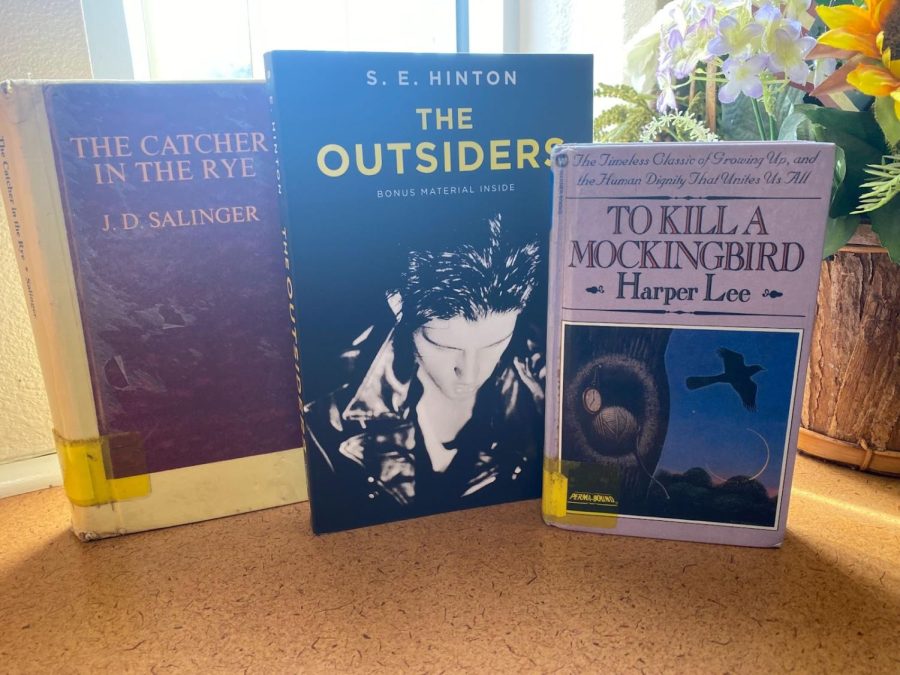
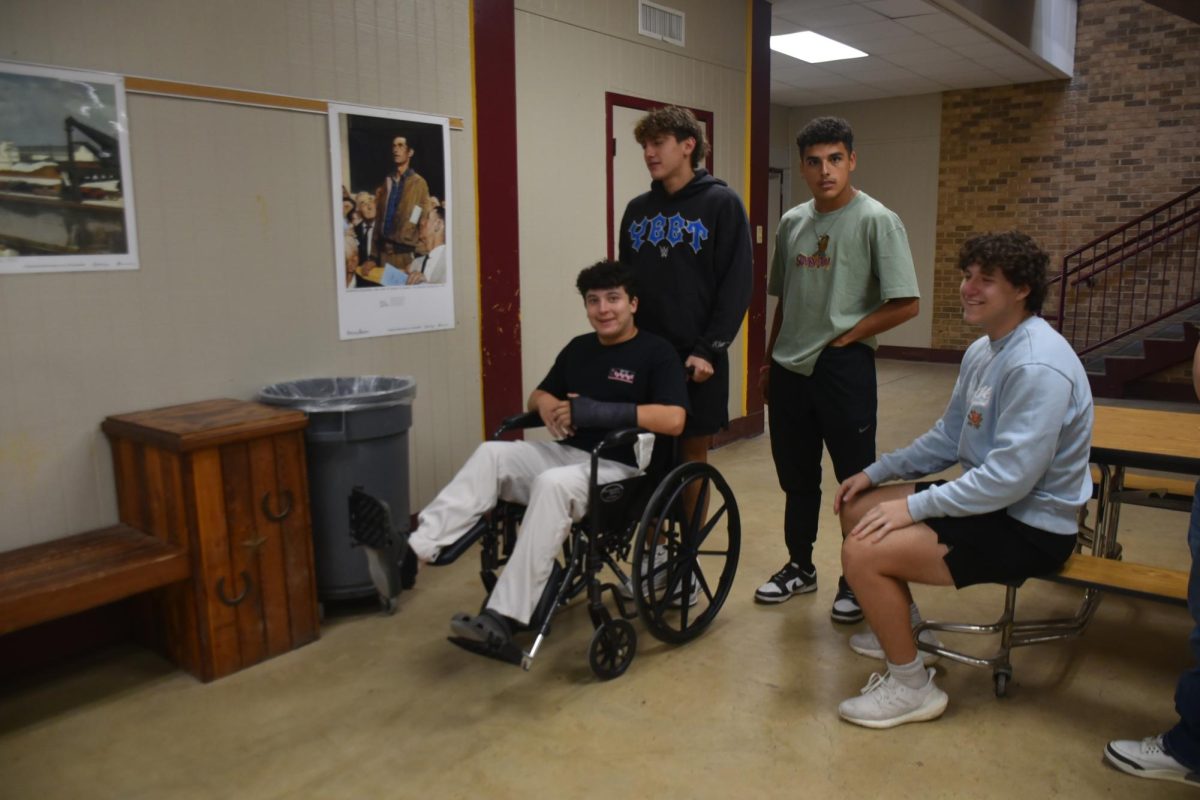
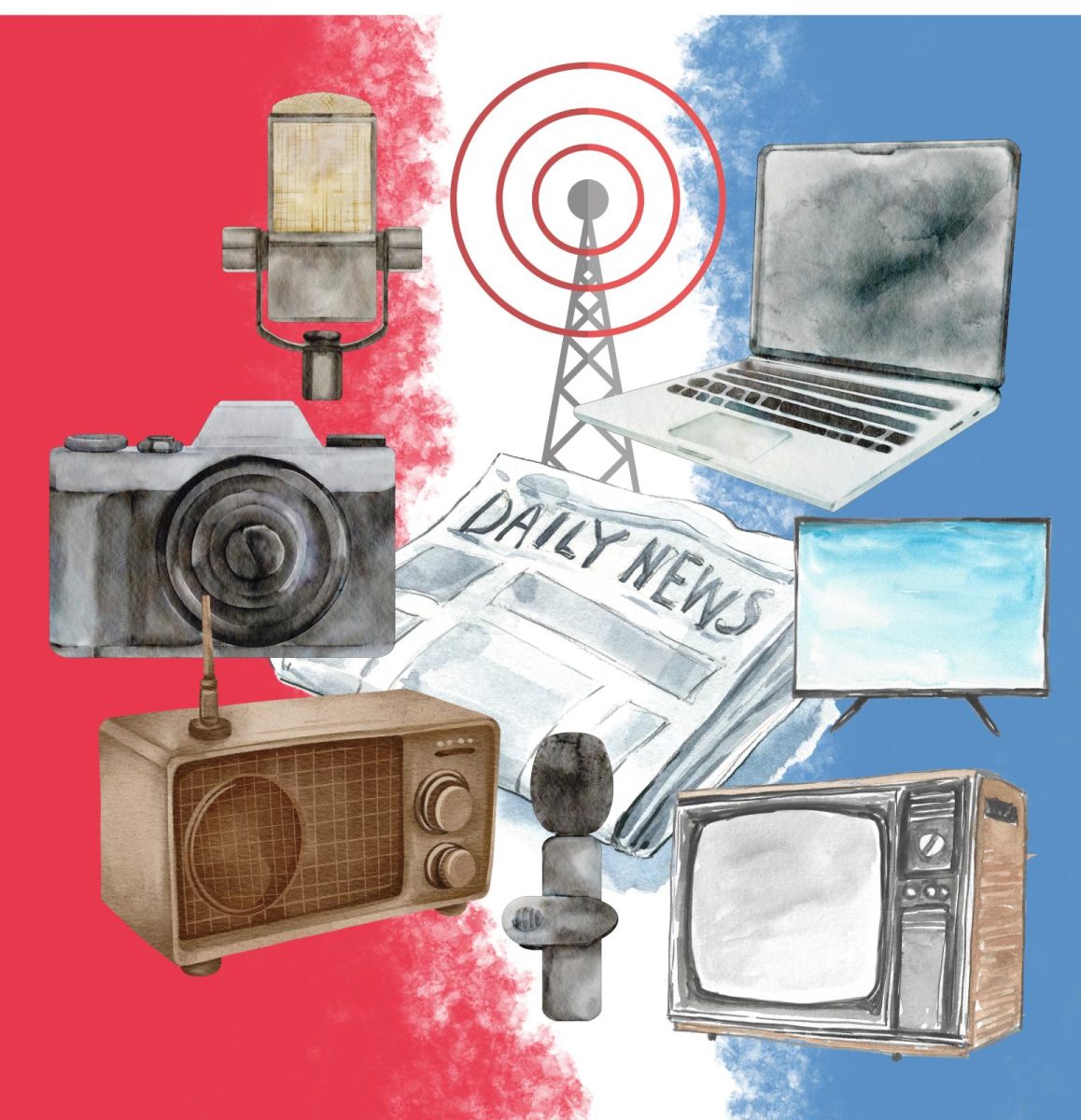
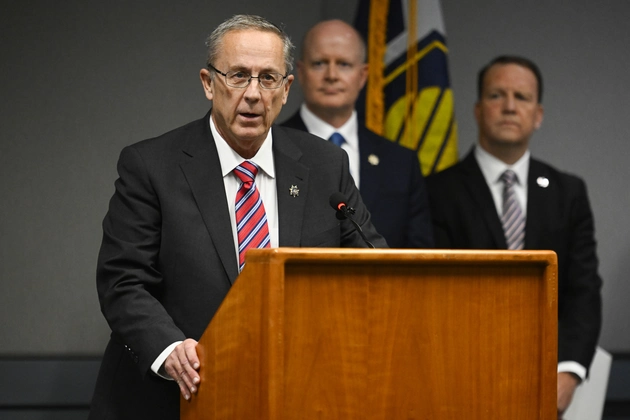
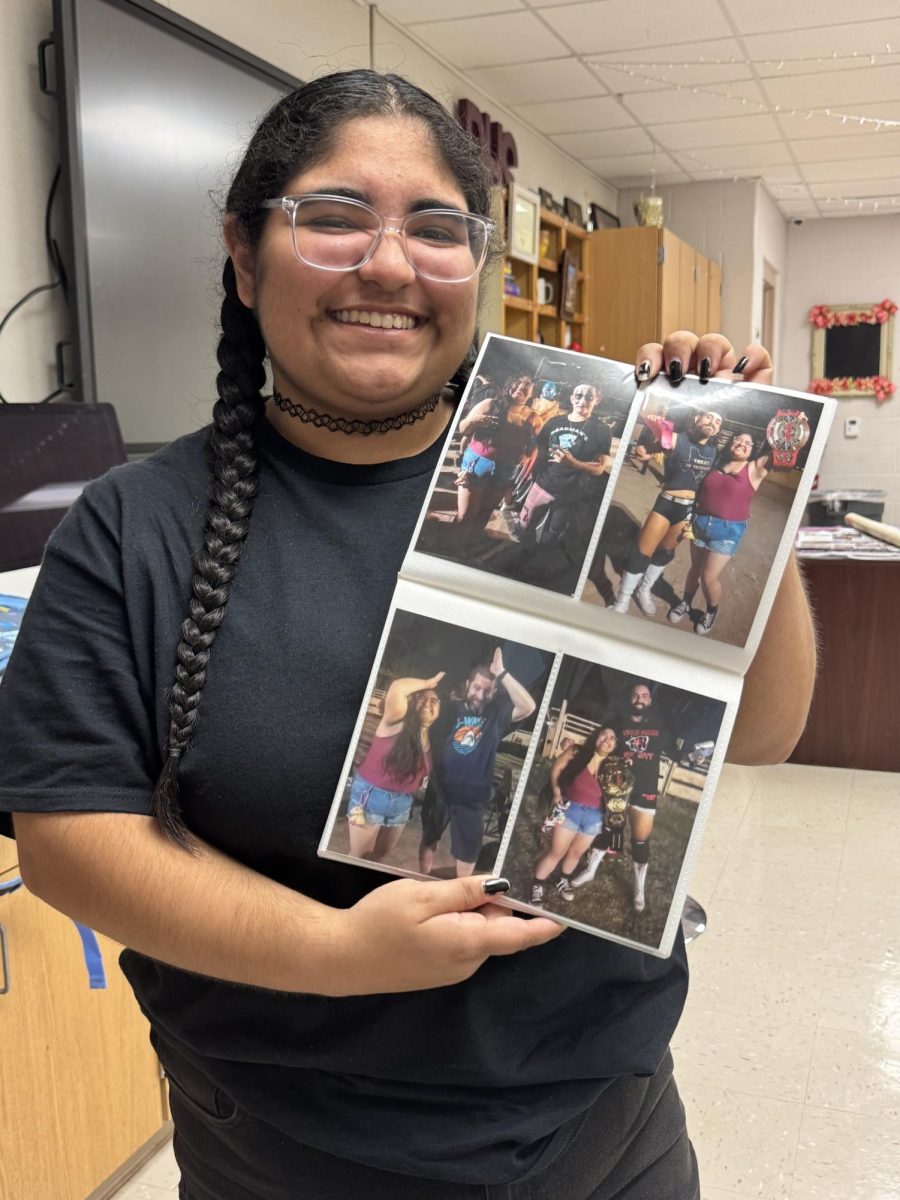
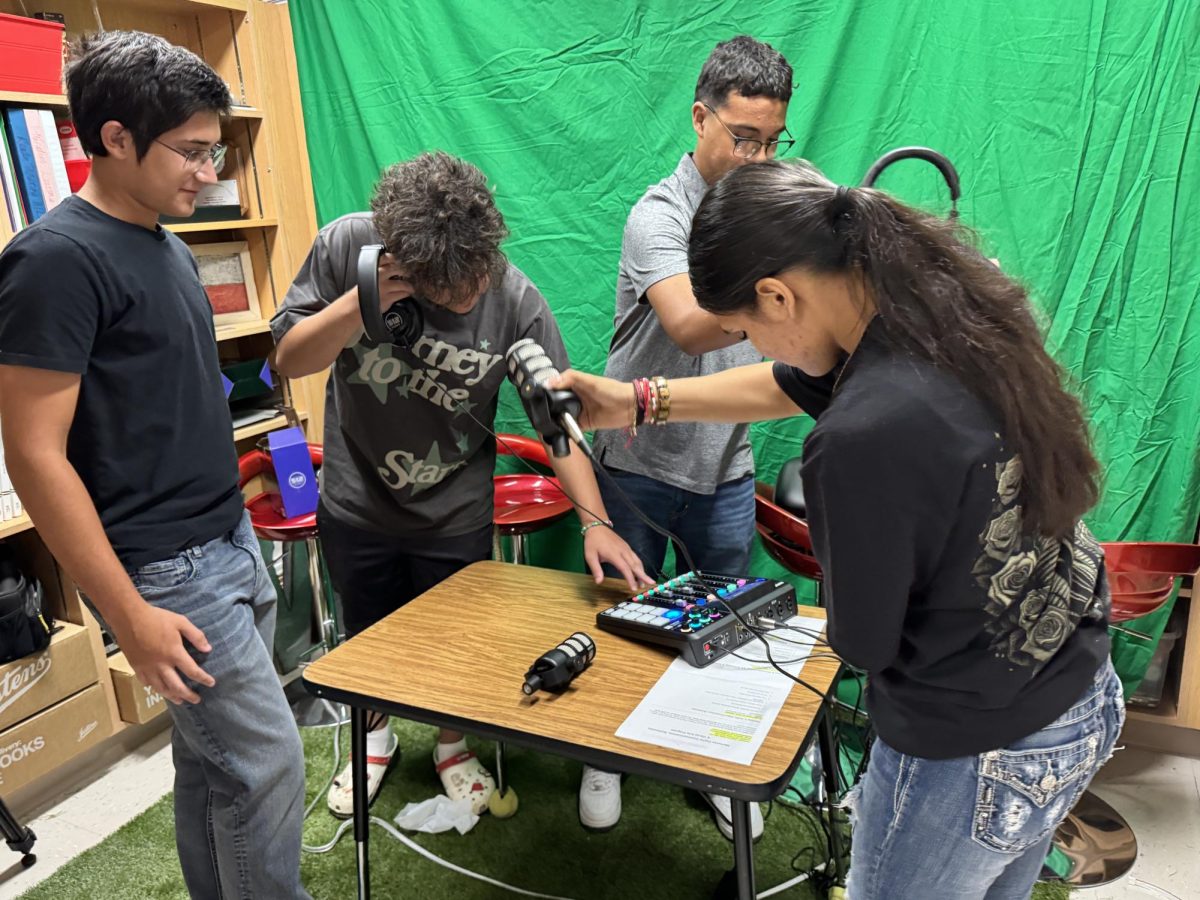

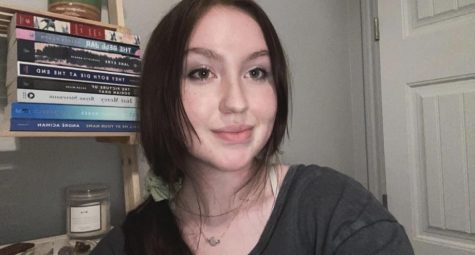
Julian Perez • Mar 4, 2022 at 3:07 PM
It’s a shame how these books are being treated, I understand where they are coming from, but it’s as if these people are trying to erase these books from history, which is never a good thing. I believe it is important to read these stories, not just for the purpose of reading what life was like back then, but how we have improved as people and as a society, to make sure we do not become like this again. While these books are from another time, they are stories to tell for generations.
Joseph Stafford • Mar 4, 2022 at 1:13 PM
It’s pretty sad to think that if this goes through, that a whole generation will never be able to read “How to Kill a Mockingbird.”